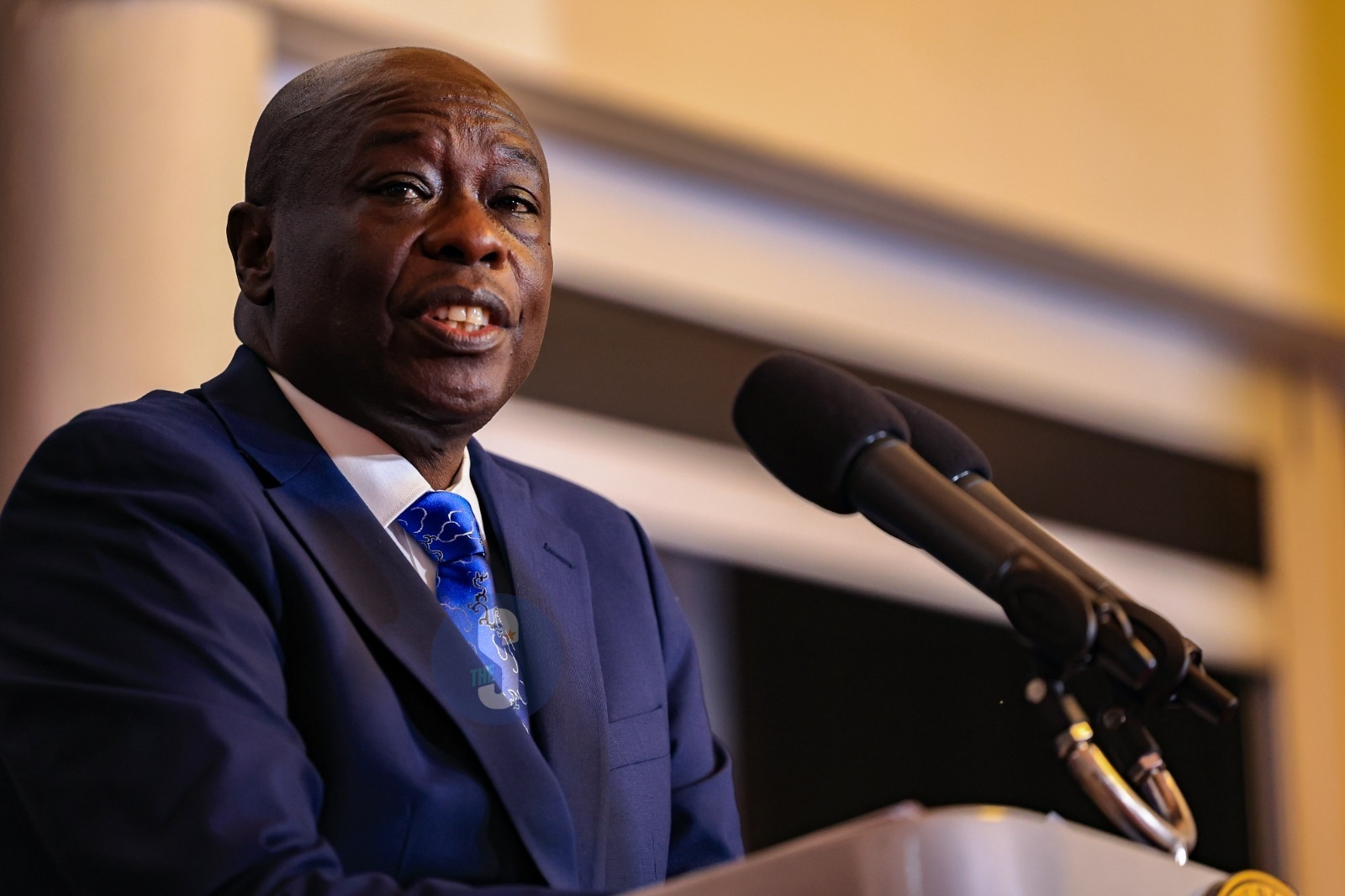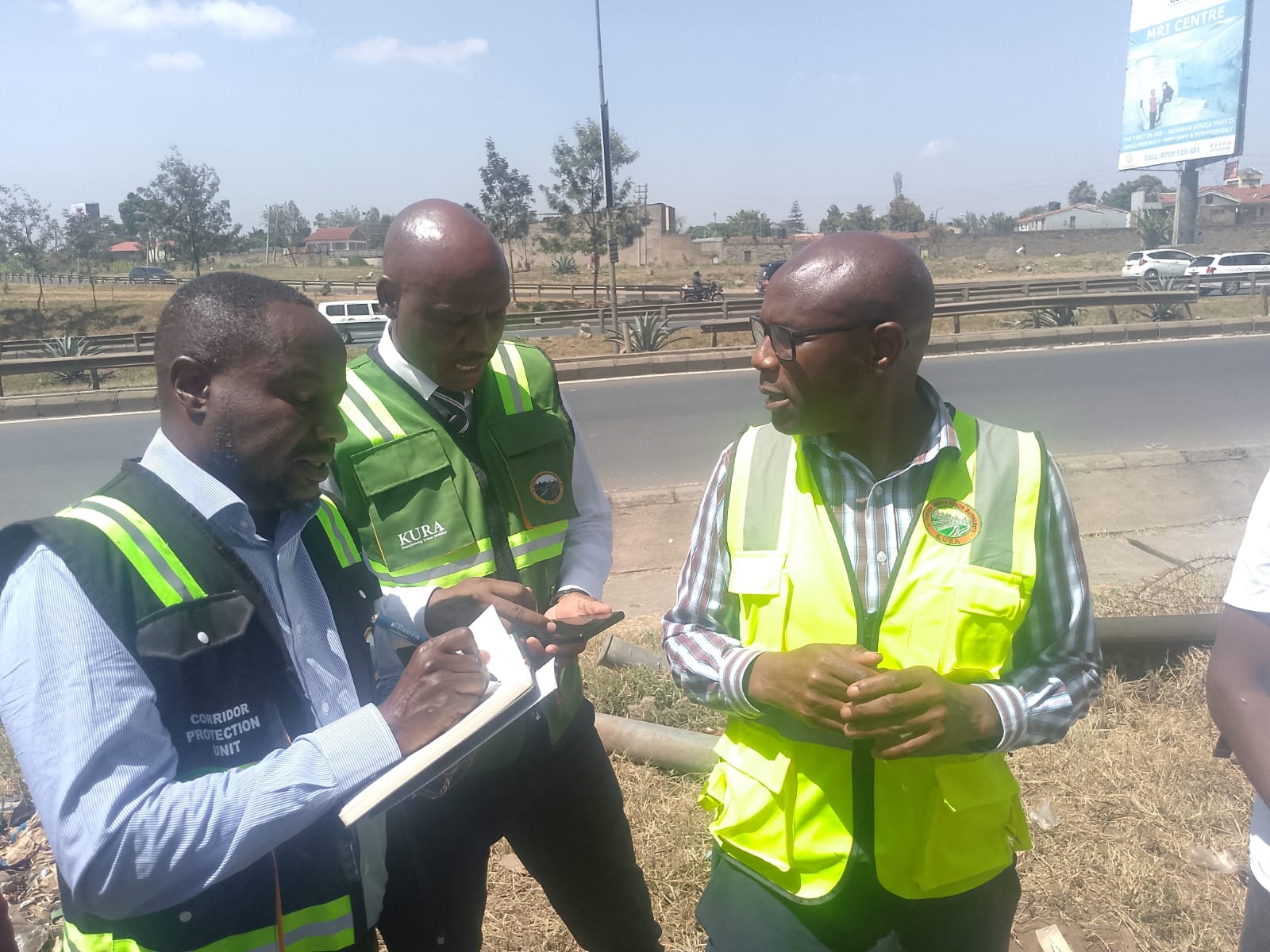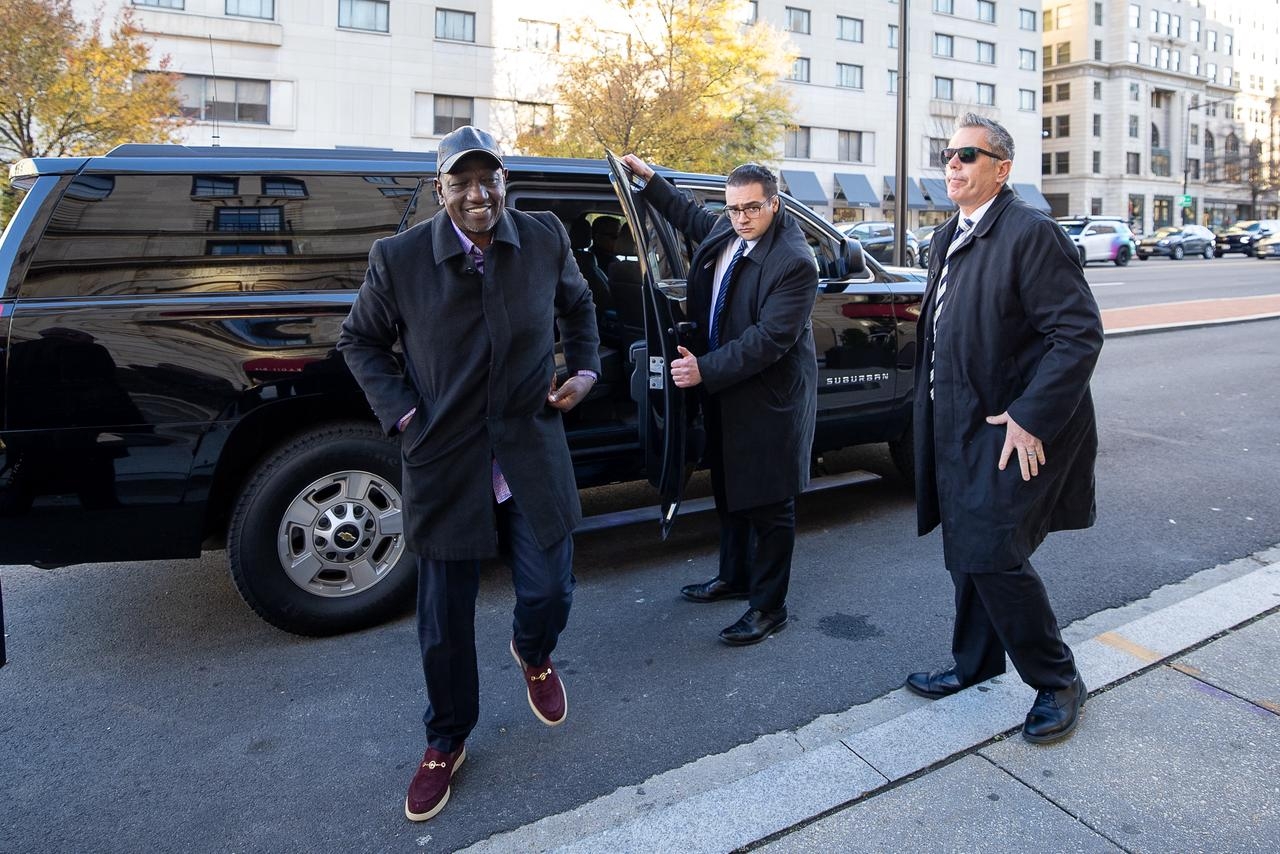Kenyan judoka Zeddy Cherotich remains optimistic about her future prospects for international success despite her early exit in the -78kg category in Paris.
Cherotich was ousted by Portugal’s Patricia Sampaio in their round of 32 elimination match following a 10-0 defeat.
In the same event, Italy’s Alice Bellandi took gold, defeating Israel’s Inbar Lanir 11-0, while Sampaio secured bronze by overcoming Japan’s Rika Takayama 10-0.
Though her Olympic expedition ended prematurely, Cherotich is confident about her future in judo.
“The Paris Olympics were a real eye-opener. I learnt so much from that experience. Kenyans should expect to see more of me in continental and international competitions,” Cherotich said.
Reflecting on her bout with Sampaio, the 2021 European U23 champion, Cherotich acknowledged her Portuguese opponent had superior speed and technique.
“My opponent was incredibly quick and effective in her execution,” Cherotich admitted.
She leaves Paris clear about the work she must do in her speed training to gain an edge in future matches.
“The Olympics taught me there are many areas in which I must improve to compete at the highest levels,” she noted.
Cherotich is elated after making history as the first woman judoka to represent Kenya at the Olympics.
“Having taken up judo in 2022, switching from track and field events, it was truly an honour to represent the country in Paris. This is an experience that will forever be memorable to me,” she said.
She believes the sport can grow with more international exposure for Kenyan judokas.
“More judokas need opportunities to compete in African Championships to earn points and hone their skills,” she stressed. She highlighted the need for government support in providing licensed coaches and referees.
“We have retired players who want to become coaches and referees, but lack funds for licensing exams. The government needs to support us by funding these exams for at least five referees and 10 coaches,” she said.
Integrating judo into school co-curricular activities is also crucial to nurturing young talent.
“In other countries, kids start judo at four years. By the time they're 20, they are experienced. In Kenya, players often start at around 20,” she observed.
Her parting shot: “We lack sufficient facilities. The government should build at least two or three judo centres in each county to help the sport thrive because it has so much potential.”













